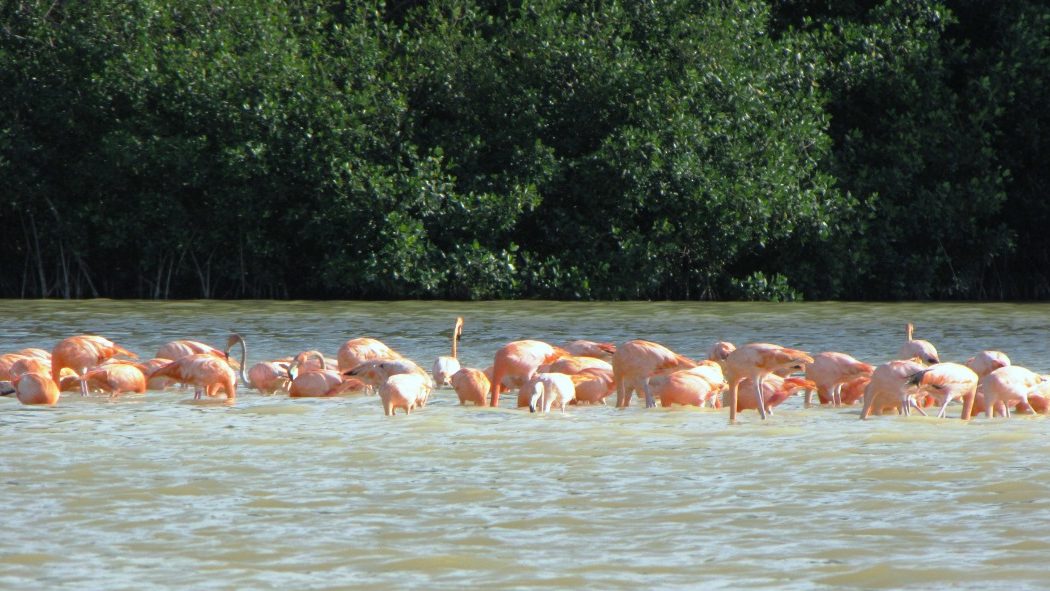Experts say Mexico is well-positioned to build climate resilience into its fisheries management, and to make significant contributions to the UN Sustainable Development Goals. They were speaking at an annual meeting focused on sustainable fisheries and climate change in Merida, Yucatan, Mexico.
“Protecting the oceans benefits the environment and ensures the livelihoods of those who work in the fisheries sector, seeking sustainability for everyone,” said Lina Pohl, representative of the Food and Agriculture Organization (FAO) of the United Nations, during her participation at the ninth meeting of sustainable fishing and climate change, organized by the Environmental Defense Fund of Mexico (EDF de Mexico).
“Mexico is a helping hand and can be an example and leader in the fight against climate change for other countries in the region and the world. We have the opportunity to take advantage of this experience to join forces and curb the threats of climate change to the oceans and fisheries,” said Pohl during her presentation.
Oceans cover more than 70% of the surface of our planet, provide half of the world’s oxygen, remove carbon dioxide from the atmosphere, house 80% of Earth’s life and produce nutritious food. The FAO estimates that fishing accounts for about 17% of the animal protein consumed by the world’s population and provides 20% of the average animal protein contribution per capita to some 3.2 billion people.
“This valuable superfood can contribute to the fight against the obesity and malnutrition in Mexico, hence the importance of ensuring its sustainability,” explained Pohl.
“At EDF, we believe there is hope in the oceans if we ensure resilient fisheries in the face of climate change,” said Laura Rodriguez, vice president of the Oceans program for Latin America at Environmental Defense Fund.
“To achieve this, we have designed a multi-pronged framework consisting of five key tenets: 1) putting in place effective fishery management and governance; 2) looking forward, while retaining lessons learned from the past; 3) building and strengthening international institutions; 4) strengthening the resilience of the entire marine ecosystems; and 5) applying principles of fairness and equity to guide policy decisions,” she added.
Rodriguez stressed that Mexico is on time to undertake a coordinated effort to build climate resilience into management approaches so that fisheries continue to provide the services upon which millions of people depend, and thus contribute to the Sustainable Development Goals.
“We have an opportunity at a national, regional and global level to increase cooperation and face climate change. For this reason, at EDF we congratulate and express our commitment to support the efforts carried out within the framework of the High Level Panel for a Sustainable Ocean Economy and the FAO’s Committee on Fisheries, or COFI,” she concluded.
The ninth meeting of sustainable fisheries and climate change brought together actors from Mexican and Latin American fishery sectors for two days to seek innovative solutions in favor of effective governance, fisheries management systems based on the best available information, and transparent, inclusive, participatory and adaptive decision-making processes that put fishers and their communities in the center.
Photo of flamingos and mangroves at Celestun in Yucatan, Mexico is by Storm Cunningham.

